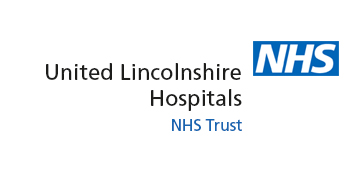I wanted to start by saying thanks to everyone who attended the 2020 conference which we held at Farnborough International Exhibition and Conference Centre earlier this month. It was a real success with close to 400 delegates through the door.
Thank you also to our wonderful speakers who brought their knowledge, expertise and humour to the event, allowing delegates to learn in a relaxed but productive way. Thanks to our new and returning sponsors and exhibitors, who provided support for the event as well as interacted with delegates during the lunchtimes.
This year we changed hosts and had Dr Kevin Fong lead the main room and introduce all of our keynote speakers. As a medical doctor and space medicine expert, Kevin was very fitting for this role with our aviation inspired theme.
We tried to keep to the new heights and airport theme as much as possible by having a bag drop area for delegates, e-ticket registration process and electronic screens which displayed the agenda in a departure board style layout - just a few things to add to the overall conference experience.
Us a team are extremely happy with the way the conference went and we believe the choice of venue (being located next to Farnborough airport) was an excellent one for our theme – TAKE RESEARCH TO NEW HEIGHTS. The venue allowed us to use multiple rooms to host user-led breakout and workshop sessions specifically on EDGE functionality and experiences. The conference also played a big part in celebrating 20 years of EDGE at the Clinical Informatics Research Unit as this was highlighted throughout the day by our hosts, as well as a special 2020 puzzle we had displayed in the networking area.
One of my highlights of the event was having Freddie, a 9-year-old boy present all by himself on how research has helped his life dramatically after having a severe peanut allergy. His presentation was a lovely reminder to why everyone is doing the job they are doing, for the patient. I also can’t forget the opening of the conference which was definitely another highlight for me. Here we had an airline safety demonstration by some members of the EDGE team, this certainly brought some laughs to the room and reminded delegates of some useful information, like remembering to wear their passports (delegate badges) at all times.
We are now thinking about what to do in 2021 and will be working on ways to improve the conference following useful feedback provided by delegates through an online survey.
Look out for future news coming from us with our 2021 plans!



